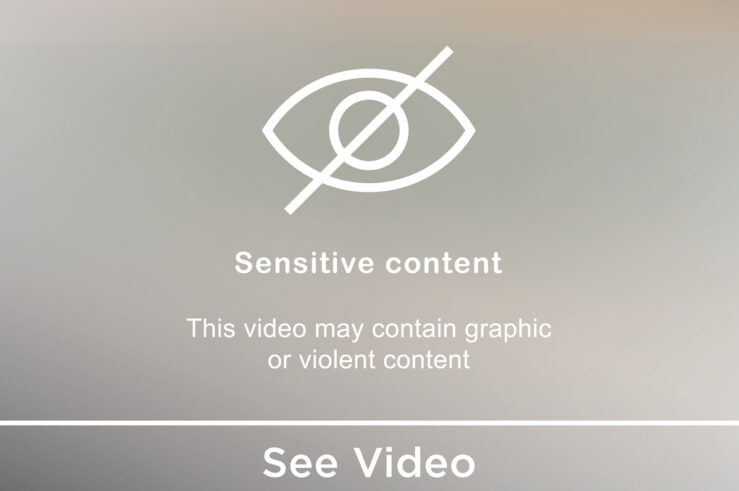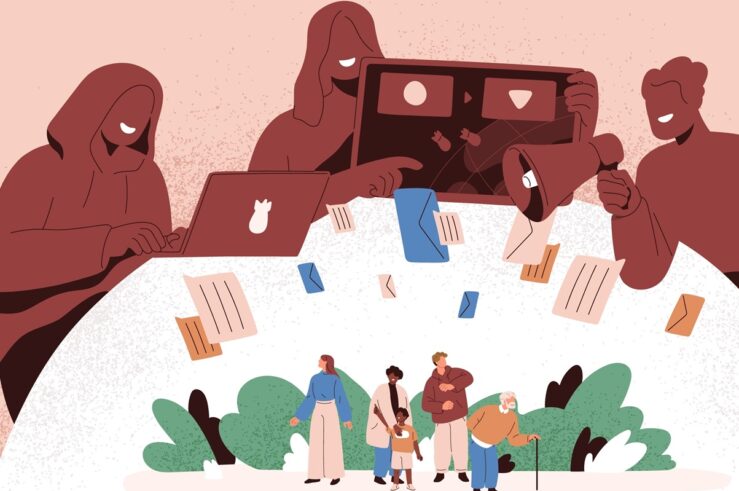Showing archive for: “Platforms”
No Kids Allowed: KOSA/COPPA 2.0 Will Encourage the Exclusion of Minors Online
An important lesson of economics is that policies intended to help a targeted group of people often end up harming them in unintended ways. For instance, economists have long argued that policies like rent control and minimum-wage laws actually tend to lead to shortages in housing and jobs, respectively. Similarly, despite having the stated intention ... No Kids Allowed: KOSA/COPPA 2.0 Will Encourage the Exclusion of Minors Online
A Positive Agenda for Digital-Competition Enforcement
Reasonable people may disagree about their merits, but digital-competition regulations are now the law of the land in many jurisdictions, including the EU and the UK. Policymakers in those jurisdictions will thus need to successfully navigate heretofore uncharted waters in order to implement these regulations reasonably. In recent comments that we submitted to the UK’s ... A Positive Agenda for Digital-Competition Enforcement
What Do the NetChoice Cases Mean for Online Speech?
With the release of the U.S. Supreme Court’s NetChoice opinion (along with some other boring case people seem to want to talk about), opinions for the October 2023 term appear to be complete. After discussing what Murthy v. Missouri means for online speech, it only feels right to discuss the other big social-media case of ... What Do the NetChoice Cases Mean for Online Speech?
What Does Murthy v Missouri Mean for Online Speech?
After a lot of anticipation from Supreme Court watchers, the Murthy v. Missouri opinion has finally been released. As the oral argument suggested, standing was the issue for the Court, who in a 6-3 decision written by Justice Amy Coney Barrett ruled that none of the plaintiffs had standing, due to a lack of traceability ... What Does Murthy v Missouri Mean for Online Speech?
The View from Canada: A TOTM Q&A with Aaron Wudrick
Aaron, could you please tell us a bit about your background and how you became interested in competition law and digital-competition regulation? I’m a lawyer by profession, but have taken a somewhat unconventional career path—I started as a litigator in a small general practice in my hometown outside Toronto, moved on to corporate law with ... The View from Canada: A TOTM Q&A with Aaron Wudrick
Net Neutrality and the Paradox of Private Censorship
With yet another net-neutrality order set to take effect (the link is to the draft version circulated before today’s Federal Communications Commission vote; the final version is expected to be published in a few weeks) and to impose common-carriage requirements on broadband internet-access service (BIAS) providers, it is worth considering how the question of whether ... Net Neutrality and the Paradox of Private Censorship
Confronting the DMA’s Shaky Suppositions
It’s easy for politicians to make unrealistic promises. Indeed, without a healthy skepticism on the part of the public, they can grow like weeds. In the world of digital policy, the European Union’s Digital Markets Act (DMA) has proven fertile ground for just such promises. We’ve been told that large digital platforms are the source ... Confronting the DMA’s Shaky Suppositions
The Missing Element in the Google Case
Through laudable competition on the merits, Google achieved a usage share of nearly 90% in “general search services.” About a decade later, the government alleged that Google had maintained its dominant share through exclusionary practices violating Section 2 of the Sherman Antitrust Act. The case was tried in U.S. District Court in Washington, D.C. last ... The Missing Element in the Google Case
The View from Australia: A TOTM Q&A with Allan Fels
Allan, you have a remarkably high public profile in Australia and are known to most of the Australian population as ex-ACCC chair. Could you please give us a bit on your background and how you got into competition law? I did degrees in law and economics at the University of Western Australia and a PhD ... The View from Australia: A TOTM Q&A with Allan Fels
Does the DMA Let Gatekeepers Protect Data Privacy and Security?
It’s been an eventful two weeks for those following the story of the European Union’s implementation of the Digital Markets Act. On April 18, the European Commission began a series of workshops with the companies designated as “gatekeepers” under the DMA: Apple, Meta, Alphabet, Amazon, ByteDance, and Microsoft. And even as those workshops were still ... Does the DMA Let Gatekeepers Protect Data Privacy and Security?
Murthy Oral Arguments: Standing, Coercion, and the Difficulty of Stopping Backdoor Government Censorship
With Monday’s oral arguments in Murthy v. Missouri, we now have more of a feel for how the U.S. Supreme Court appears to be considering the issues of social-media censorship—in this case, done allegedly at the behest of federal officials. In the International Center for Law & Economics’ (ICLE) amicus brief in the case, we ... Murthy Oral Arguments: Standing, Coercion, and the Difficulty of Stopping Backdoor Government Censorship
The Broken Promises of Europe’s Digital Regulation
If you live in Europe, you may have noticed issues with some familiar online services. From consent forms to reduced functionality and new fees, there is a sense that platforms like Amazon, Google, Meta, and Apple are changing the way they do business. Many of these changes are the result of a new European regulation ... The Broken Promises of Europe’s Digital Regulation
















